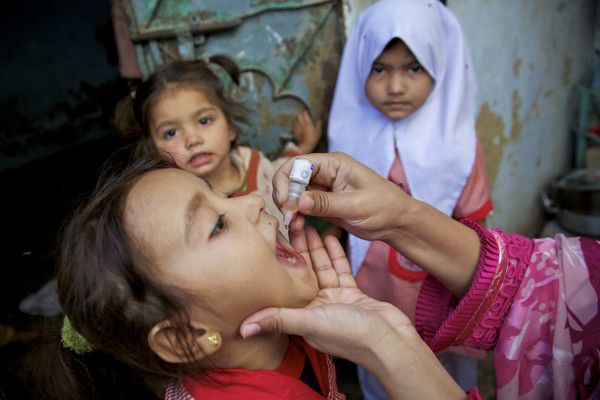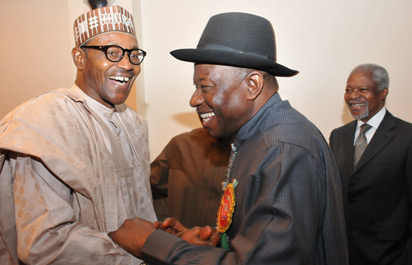The Central African Republic (CAR), with a population of 4.6 million and under the dictatorial rule of Michel Djotodia is currently in chaos. Since Djotodia seized power in 2013, more than 10% of its population has already fled from their homes. Though CAR is filled with minerals, it lacks the peace and good governance necessary to benefit from its resources. It has suffered numerous coups and conflicts since its independence from France in the 1960s.
Djotodia is the first leader from a Muslim minority community and his rule is creating a sectarian separation between Muslims and Christians residing in the country. This has led to so many attacks that have a high chance of turning into genocide. The battle between Djotodia’s Seleka rebels and the government of President Francois Bozize began earlier this year when Djotodia overthrew the government of President Francois Bozize and appointed himself president of CAR. Since then, Muslim rebel forces have many parts of the country. Christians are being attacked, chased away from their homes, killed, and their homes looted. The conflict is growing quickly and there is now a warning of potential genocide and even sectarian civil war. The crisis in CAR is now under international surveillance.
Additionally, the conflict in CAR has added to the global refugee population. According to U.N estimates, nearly 400,000 people have been displaced because of the intensifying continuance of the fighting.
“It is not known how many people have been killed in the conflict this year because it is too dangerous to access the rural areas where most killings occur,” a UN spokeswoman told the BBC . The unrest in CAR has led to fears that the violence could spread to its neighboring countries such as South Sudan, the Sudanese region of Darfur, Chad and the Democratic Republic of Congo, several of which are trying to emerge from years of conflict and remain extremely unstable.
[captionpix align=”left” theme=”elegant” width=”350″ imgsrc=”http://natoassociation.ca/wp-content/uploads/2013/12/we.jpg” captiontext=””]
Stronger U.N peacekeeping methods are desperately needed before genocide or sectarian civil war emerges. As of last week, French officials have reported that the chaos in Bangui has the potential to totally destabilize the region if necessary steps are not taken. The French U.N. Deputy Secretary-General Jan Eliasson told the Security Council on Monday that rapid international action was required to stop the quickly deteriorating crisis. He also added that:
“The population is enduring suffering beyond imagination, as we see far too often, women and children are bearing the brunt. Human rights violations are mounting. The use of child soldiers is rising. Sexual violence is growing. There are widespread reports of looting, illegal checkpoints, extortion, illegal arrests and detentions, torture and summary executions.”
The country is already suffering from instability and conflict. Sectarian violence is increasing due to the relations between the Muslim and Christian communities spiraling out of control. Peace seeking is much needed, but the growing religious violence and increasing violent actions from militia groups are hindering the region from stabilization.
With the arrival of foreign troops in Bangui, some of the Central African rebels are already disappearing from the region. Already, France has deployed nearly 400 troops in the Bangui region and the number is to increase by another 1,000 in the near future. Also, there are 2,500 African Union troops in CAR, which is also estimated to increase to 3,600 troops by January 2014. With the crisis desperately increasing, a UN resolution on international intervention intends to strengthen the security and stabilization of the region. The vote will be followed by a mini-summit on the CAR unrest on December 7, in Paris, to be attended by some 40 African leaders including Central African Prime Minister Nicolas Tiangaye, as well as UN chief Ban Ki-moon. The vote on the resolution is set for December 5th.




